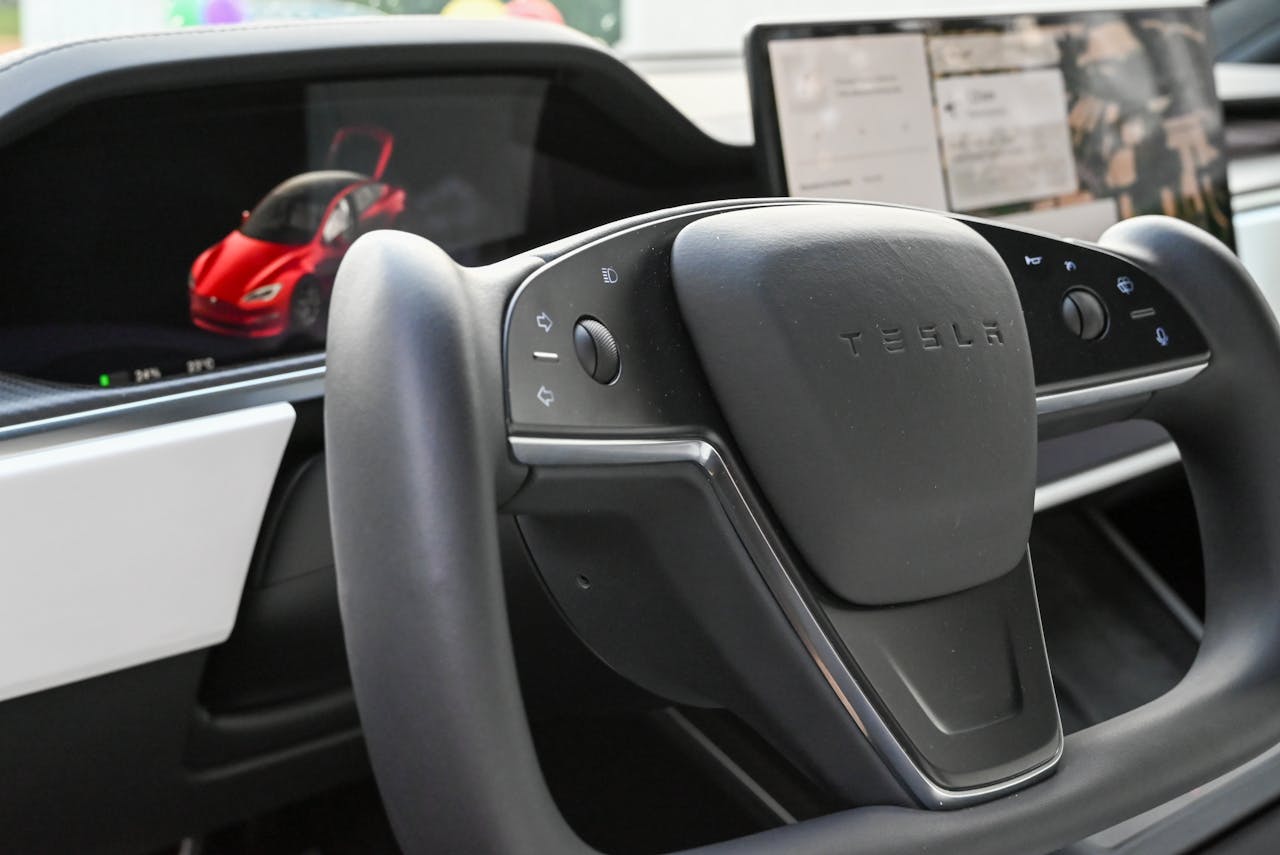Autonomous Driving in Electric Cars: 2023’s Smartest EV Launches
In 2023, the electric vehicle (EV) market is not just about zero emissions; it’s about zero driver intervention too. Autonomous driving in electric cars has taken center stage, with the smartest EV launches showcasing cutting-edge technology that seems straight out of a sci-fi movie. According to BloombergNEF, the global autonomous vehicle market is projected to grow exponentially, with electric cars leading the charge. In this article, we’ll explore the most innovative autonomous electric cars launched in 2023, providing you with insights into their technology, capabilities, and the future of autonomous mobility.
The Rise of Autonomous Electric Vehicles in 2023
A New Era of Smart Mobility
2023 has marked a pivotal year for autonomous electric vehicles, with several major automakers unveiling their latest models. These vehicles are not just about reducing emissions but also about enhancing safety, convenience, and efficiency on our roads. The integration of AI-driven autonomous systems with electric drivetrains is a game-changer, offering a glimpse into the future of smart mobility.
- Tesla Model S Plaid+: Known for its industry-leading range of over 520 miles and rapid acceleration, Tesla’s new Model S Plaid+ introduces an improved Autopilot system that boasts enhanced full self-driving capabilities. The system uses advanced neural networks to interpret complex road scenarios, making it one of the most sophisticated autonomous systems on the market.
- Lucid Air Dream Edition: This luxury EV is setting new standards with its DreamDrive Pro, an autonomous driving system featuring 32 sensors, including cameras, radar, and LiDAR. With a range of up to 503 miles and rapid charging capabilities, the Lucid Air seamlessly combines luxury with cutting-edge technology.
Key Features of 2023’s Smartest Autonomous EVs
As we delve deeper into 2023’s smartest EV launches, several key features stand out:
- Advanced Sensor Suites: Integration of LiDAR, radar, and high-definition cameras for 360-degree perception.
- AI and Machine Learning: Continuous learning from real-world driving scenarios to improve safety and efficiency.
- Connectivity and V2X Communication: Vehicles communicate with each other and infrastructure to navigate complex environments more effectively.
Navigating the Autonomous EV Landscape
Best EVs of the Year
In 2023, choosing the best EV involves looking beyond just the electric powertrain. Here are some of the top autonomous EVs that have made waves this year:
- Tesla Model X: Known for its spacious interior and falcon-wing doors, the Model X now features enhanced autopilot technology that includes smart summons, auto lane change, and self-parking capabilities.
- Mercedes-Benz EQS: This luxury sedan’s Drive Pilot system offers Level 3 autonomous driving, allowing it to handle driving tasks under certain conditions without human intervention.
- NIO ET7: With its NIO Autonomous Driving (NAD) technology, the ET7 can handle highway driving, parking, and urban navigation with ease, thanks to its advanced sensor suite and AI algorithms.
How to Choose Your First Autonomous Electric Car
Selecting the right autonomous EV requires careful consideration of several factors:
- Autonomy Level: Understand the Level of autonomy offered (ranging from Level 1 to Level 5) and what it means for your driving experience.
- Range and Charging: Consider the vehicle’s range on a single charge and the availability of fast-charging options.
- Safety Features: Look for advanced driver-assistance systems (ADAS) and robust safety ratings from trusted organizations like Euro NCAP.
The Practical Side of Autonomous Electric Cars
Charging Guide for Beginners
Understanding how to charge your autonomous EV is crucial for a seamless driving experience. Here’s a quick guide:
- Home Charging: Install a Level 2 charger at home for overnight charging convenience. This typically adds 25-30 miles of range per hour.
- Public Charging Networks: Utilize networks like Electrify America and Ionity for fast charging during long trips, capable of adding up to 200 miles in 30 minutes.
- Battery Management: To extend battery life, avoid frequent charging to 100% and opt for partial charges when possible.
Pros and Cons of Autonomous EVs
Every innovation comes with its own set of advantages and challenges:
- Pros:
- Safety: Reduced human error through advanced driver assistance.
- Convenience: Hands-free operation for a stress-free commute.
- Environmental Impact: Zero emissions contribute to a cleaner environment.
- Cons:
- Cost: Higher upfront costs due to advanced technology.
- Infrastructure Needs: Requires robust charging and communication infrastructure.
- Regulatory Hurdles: Varying regulations across regions can impact availability and functionality.
Conclusion: The Future of Autonomous Electric Vehicles
2023 has undeniably been a landmark year for autonomous electric vehicles, merging sustainable driving with cutting-edge automation. As technology continues to evolve, these vehicles promise to redefine our transportation landscape, offering safer, more efficient, and environmentally friendly alternatives to traditional vehicles. Are you ready to embrace this change and be part of the autonomous driving revolution? Let us know what excites you most about the future of mobility.
Stay tuned as we continue to cover the latest developments in the EV industry, providing you with expert insights and updates on the cars that are shaping tomorrow’s roads.

